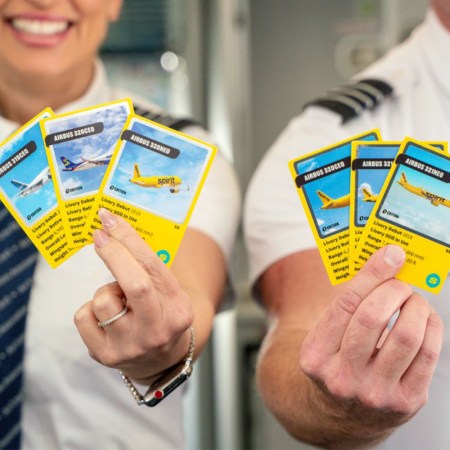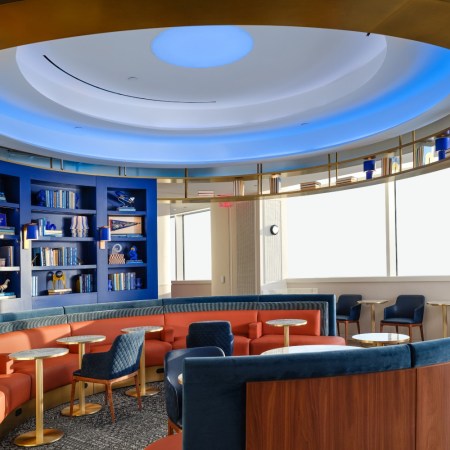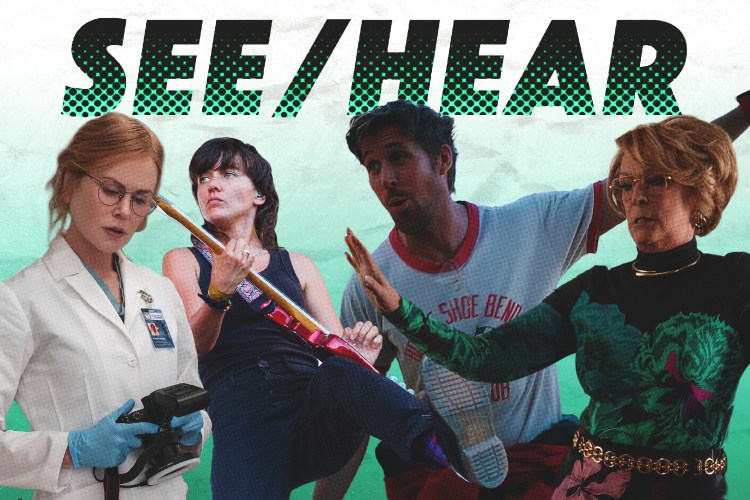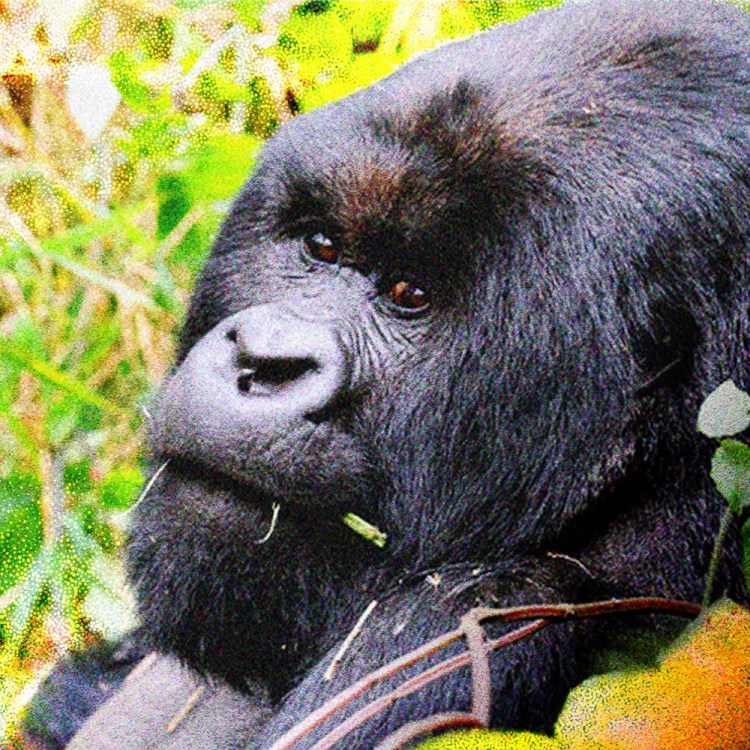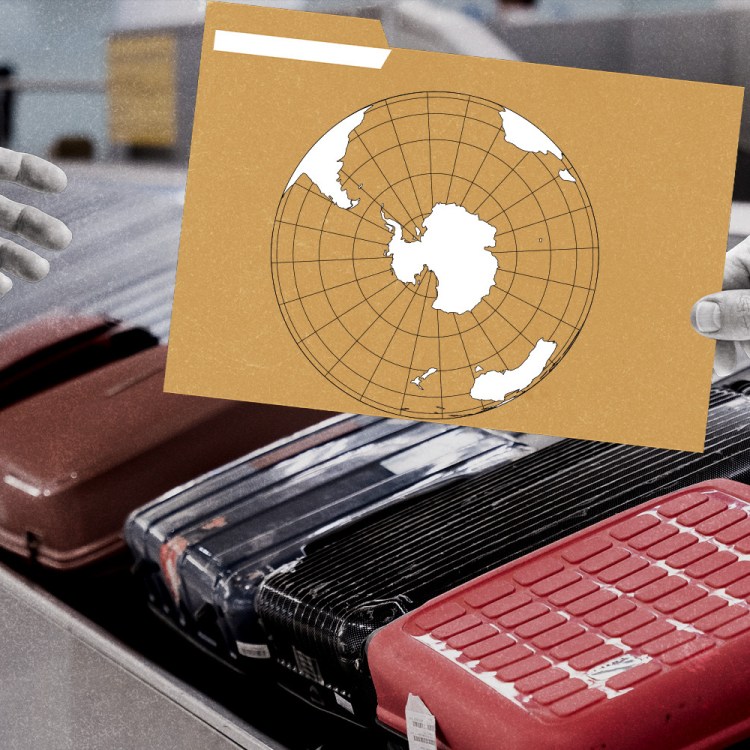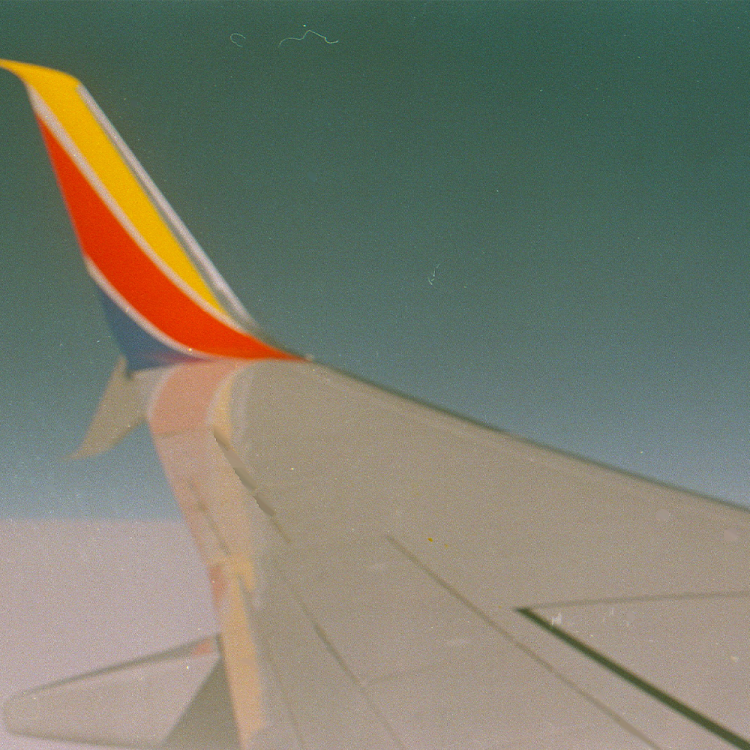We know that flying is nowhere near as dangerous as driving.
You have a slightly-more-than-one percent chance of dying in a car accident over your lifetime; you have an exponentially smaller (one in 7,178) chance of dying in an air accident — a figure that includes travel by air taxi, private flights and those tiny little planes they use to land on remote Alaskan gravel beaches.
And yet, in 2017, it is flying that draws the lion’s share of our collective transportation-induced ire.
Flying takes the baseline inconveniences of driving — deteriorating infrastructure, aggravating people — and magnifies them. Shoddy airport terminals. Onerous fees. Angry passengers. Inscrutable ticket-change policies. Shouting matches in the aisles. Weeping children and dazed, bleeding, forcibly removed doctors.
In the latest of a series of revolting in-flight incidents, a possibly intoxicated, definitely belligerent passenger — the son of a Delta employee, no less — spent a rather overlong time in a bathroom, emerged in a state of agitation and attempted to open an emergency exit. Allegedly he only stopped after a flight attendant “grabbed two full liter wine bottles and hit Hudek over the head.”
The flight attendant was justified here (unlike some other recent, high-profile kerfuffles). Still, it doesn’t exactly inspire confidence to take to the friendly skies.
A select few can buy themselves out of this problem; most can’t. Flying private is the only way to truly safeguard yourself from airline misconduct — but that is a privilege afforded to rock stars, CEOs, the most successful sex-tape makers and few others. First-class passengers on oil-rich routes may be able to sequester themselves behind a sliding door, but everyone — from the start-up billionaire in the lay-flat bed to the two dozen kids on a class trip in economy — shares the actual plane, along with the ever-intensifying sense of tension that now attends it.
This isn’t just an us vs. the airlines problem. This has become an us vs. us problem. Passengers now enter aiplanes with knives sharpened, prepared to give no quarter. Blame whichever side you like, but partisan politics burst out of Facebook and Fox News and beget full-bleed, three-dimensional beings — like babadooks, a child’s nightmare made real.
It is difficult to recall politically motivated fights on airplanes prior to 2016. At home, in our Lululemons or Bass Pro Shops, we can choose — we can, in fact, curate — our communities, and so we spend our days mewling into the like-minded echo chambers of our social media feeds and IRL communities. These days, a plane is what settles for a mixed community. Everybody needs to fly, libtards and Trumpeteers alike.
There is, of course, the possibility that the explosion of in-flight aggression is not a new phenomenon but a newly reported phenomenon: everybody’s a would-be paparazzo now, a fact that has affected flight-attending in a similar way it has community policing. Act like a dick, and you better believe someone’s standing behind you with an iPhone to capture it.
We know David Dao’s name because a flight full of people captured video testimony of the violence done to him. A professional violinist accused a United employee of “a physical attack” that endangered the health of her hands after an argument over whether or not she could carry her violin on board. In the run-up to legal action, a call went out for video of the incident. Because there wasn’t any (that has been publicly released, anyway), the story disappeared: video or it didn’t happen. Perhaps 20 years ago, flight attendants went around siccing the cops on passengers who had every right to a seat; perhaps they routinely smashed drunk and disorderly types with wine bottles to prevent them from destroying the plane. Would we know? Passengers would tell their friends and forget it.
Maybe, like the sinkholes of years past, in-air fights fit a narrative the media is running with: Life is violent, brutish, nasty and short. Especially on United.
One thing, though: to blame the media obscures a larger, more insidious point. As corporations have been found to be, in fact, less like businesses and more like people, with their own, co-equal rights of expression, they act as people — with an army’s-worth of resources. David Dao argued against giving up his seat to an airline that wanted to give it to an employee. Greedy, much? Yennifer Correia, the violinist in the story above, bought a low-cost, low-benefit ticket that only allowed her to check a “small” instrument, not thinking that an airline would prevent her from safeguarding an 18th-century musical instrument. Greedy, much? When a mother was forced to give up her two-year-old son’s paid, $1,000 seat to another passenger, flight staff told her she should share her seat. She didn’t argue: “I started remembering all those incidents with United on the news. The violence. Teeth being knocked out,” she told a local news reporter.
All the above incidents, by the way, occurred on United. At a certain point, a trend looks less like a fluke and more like a reflection of an unfortunate reality, and what might have been bad luck — every company has incompetent employees — reveals itself, in its repetition, as bad management.
We are, now, a fractious culture. Every plane offers a microcosm of that culture, in all its fractiousness. But just as in that culture at large, institutional policies engineered to wring as much profit as possible from a customer can make a bad situation intolerable.
The good news about capitalism? Consumers still have some power. You can fly United; their fares are often excellent, and their flights usually free of fisticuffs. But a pattern has revealed itself, and the old idea that a company — this company, anyway — should ascribe to a higher set of values has been discarded in favor of the cheapest product at the lowest price. “When someone shows you who they are, believe them the first time,” Maya Angelou said.
Just like First Amendment rights, this now applies to companies as well as us.
This article appeared in an InsideHook newsletter. Sign up for free to get more on travel, wellness, style, drinking, and culture.


